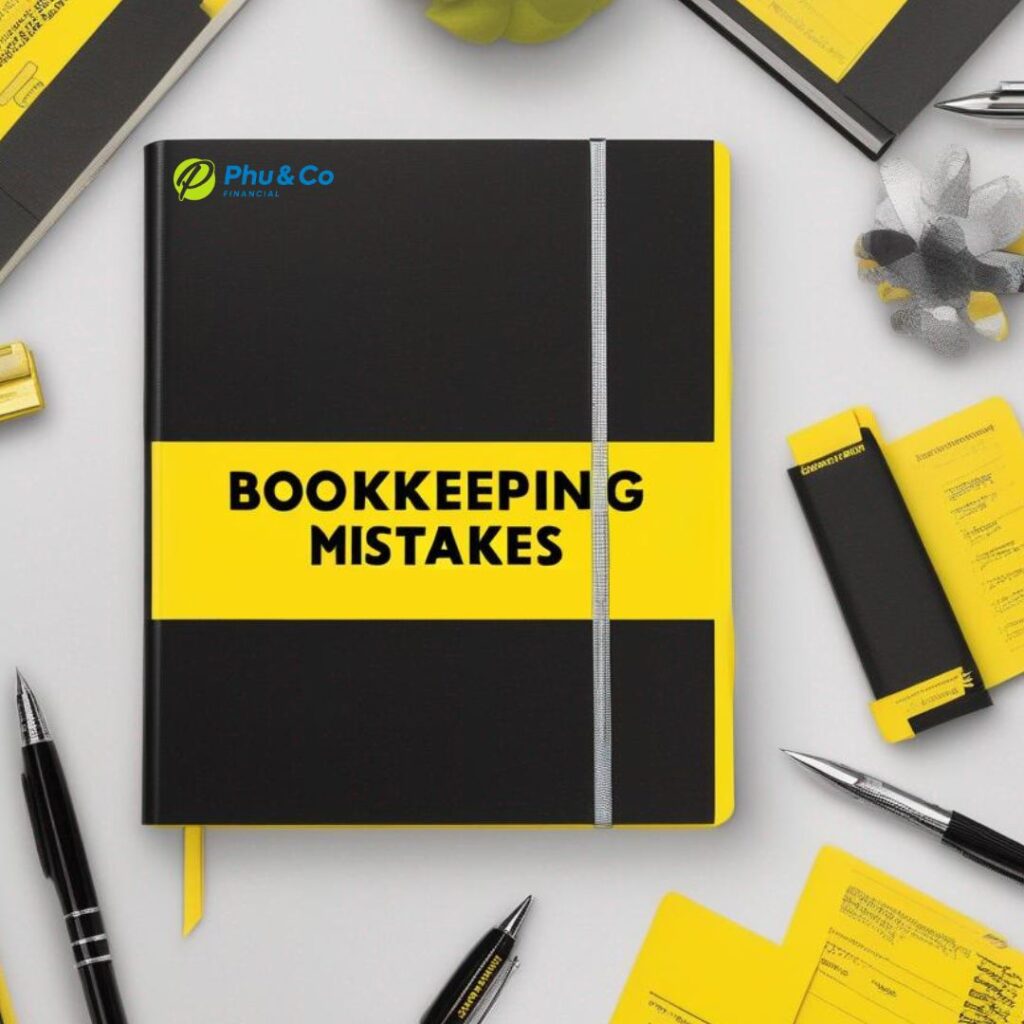Struggling with Cash Flow? Poor Bookkeeping Might Be the Real Problem
For many startups and small businesses in Australia, cash flow problems—not lack of customers—are the reason they struggle to survive. You might be selling well and staying busy, but if the money isn’t flowing in on time or your expenses aren’t tracked properly, your business can feel like it’s constantly under pressure. And more often than not, the root cause is incomplete or inconsistent bookkeeping. Common Red Flags of Bookkeeping Issues If you’ve experienced any of these, it’s time to take a closer look at your books: You don’t know exactly what’s coming in or going out each week Invoices are sent late—or forgotten altogether You’re unsure how much clients still owe you You don’t know what you owe in tax, GST, or superannuation You’re unclear about when WorkCover insurance is required or when wage reporting is due You constantly feel like cash is tight—even during busy months Good Bookkeeping = Healthy Cash Flow Bookkeeping isn’t just record-keeping—it’s the foundation of smart decision-making. When your books are up to date and managed well, you’ll: ✅ Get a real-time view of your business’s cash position✅ Know exactly who owes you—and how long it’s been overdue✅ Stay on top of tax, super, and compliance deadlines✅ Make confident decisions about spending, staffing, and investing How We Can Help At Phu & Co Financial, we specialise in bookkeeping services for startups and small businesses across Queensland. Whether you’re a sole trader, tradie, or running a growing team, we help you: Clean up messy accounts and get back on track Set up user-friendly systems like Xero or MYOB Stay compliant with ATO, WorkCover, and super requirements Understand your numbers—without the financial jargon Book Your Free Cash Flow Health Check Not sure where your business stands? Let’s start with a quick, free review of your books and cash flow. We’ll show you where things can improve and how to get ahead—no pressure, just practical advice. 📞 Contact us today to book a consultation and take control of your business finances.
Struggling with Cash Flow? Poor Bookkeeping Might Be the Real Problem Read More »




